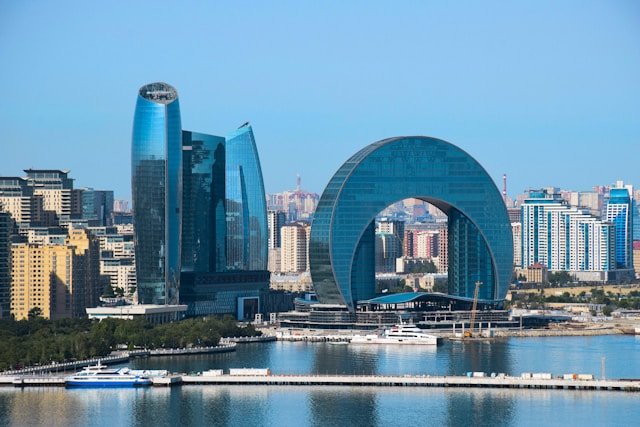Residents of Baku have recently been plagued by a strong, unbearable odor spreading across multiple districts of the city, raising serious public concern.
According to AzTV, the stench lingers throughout the day in various parts of the capital, making everyday life increasingly uncomfortable. In Mushfigabad settlement, locals say they can no longer enjoy outdoor walks. Others note that the situation has reached a critical point: “It’s impossible to breathe during a stroll because of the smell.”
Experts link the problem to the city’s outdated infrastructure, particularly the lack of centralized sewage systems in many districts. The issue is further aggravated by the significant drop in the Caspian Sea’s water level in recent years, which has exposed wastewater deposits accumulated over decades.
Environmental specialist Sadiq Hasanov explained the mechanism behind the odor:
“Under ultraviolet light, organic waste decomposes rapidly, releasing toxic substances with a strong unpleasant smell. The problem is especially severe in settlements such as Turkan, Zira, Mardakan, and others, where there is no centralized sewage network. Wastewater is discharged directly into the sea without treatment. Contact with this contamination can cause a range of diseases. The gases released during decomposition are poisonous and have toxic effects on the eyes, respiratory tract, and other organs.”
The Unified Water Supply Service for major cities acknowledged the issue, noting that existing sewage systems, built during the Soviet era, were designed for a much smaller population. Rapid population growth and intensive new construction have put excessive pressure on the networks, leading to overflows, foul odors, and blockages — a situation worsened by illegal connections.
Officials say project plans have been drawn up for building sewage systems in areas currently without them, and construction will be carried out in stages according to the approved action plan.


